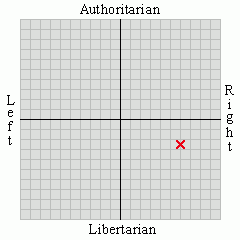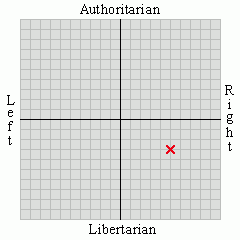Piracy was born as a reaction to the illegal dumping of toxic waste along the Somali coast and to the exploitation of Somali waters by western fishermen. The number of piracy attacks is believed to have escalated due to the actions of the most radically Islamist component of the Islamic Courts, Al-Shabaab. This group, whose name means ‘the youth’, has always been at the forefront of the Islamic Courts’ activity, particularly in a military sense. During the six months of the Islamic Courts’ government in 2006, piracy was greatly diminished, and more recently Al-Shabaab has attacked headquarters of pirate groups, such as those in Bandarbeyla. Despite this however, its attacks are more frequently focusing on the various non-governmental organisations and humanitarian aid agencies, thereby forcing them to leave the country. Yet the effect of reduced inflows of aid, which were needed by locals as well as warlords, who depended on them to finance their militias, has been an intensification of pirate activity.
Three factors are believed to have led to the radicalisation of Al-Shabaab. These are, firstly, the US Department of State’s decision to include it in its blacklist of terrorist organisations, and secondly, the death of Sheikh Adan Hashi Ayro, one of the group’s leaders, during a US bombardment on 1st May 2008. More importantly however, is the international community’s decision, through the UN Development Programme, to support the federal transitional government. Al-Shabaab interpreted this act as prejudiced against its armed guerrillas in favour of an illegitimate transitional government. Therefore, failure of the international community to recognise and support more than one political group made Al-Shabaab averse to all international actors, as doing so effectively relegated its status to that of a mere faction of a much wider political movement.
It is well known that the effects of Somalia’s internal turmoil are felt throughout the Horn of Africa and beyond. Ethiopia, Eritrea, Kuwait and Saudi Arabia have assumed important roles and declared their intentions to provide military and political assistance to the alliance of countries present in the Gulf of Aden. However, the commitments of other countries, such as Yemen, appear more elusive as their preferred contact remains with leaders of the Islamic Courts and Al-Shabaab, particularly for their ability to effectively eradicate piracy. Yet this contact is restricted and not officially pursued due to the presence of Al-Shabaab on the US’ blacklist. The solution is therefore to allow Somalia’s neighbours to handle the crisis in the way that they believe will be successful; by using their local appreciation of the political balance within Somalia. Al-Shabaab can no longer be vilified as it presents the Gulf region with its greatest opportunity for re-establishing stability. To eliminate piracy therefore, the West must accept, support and actively seek help from Al-Shabaab.
Subscribe to:
Post Comments (Atom)



No comments:
Post a Comment